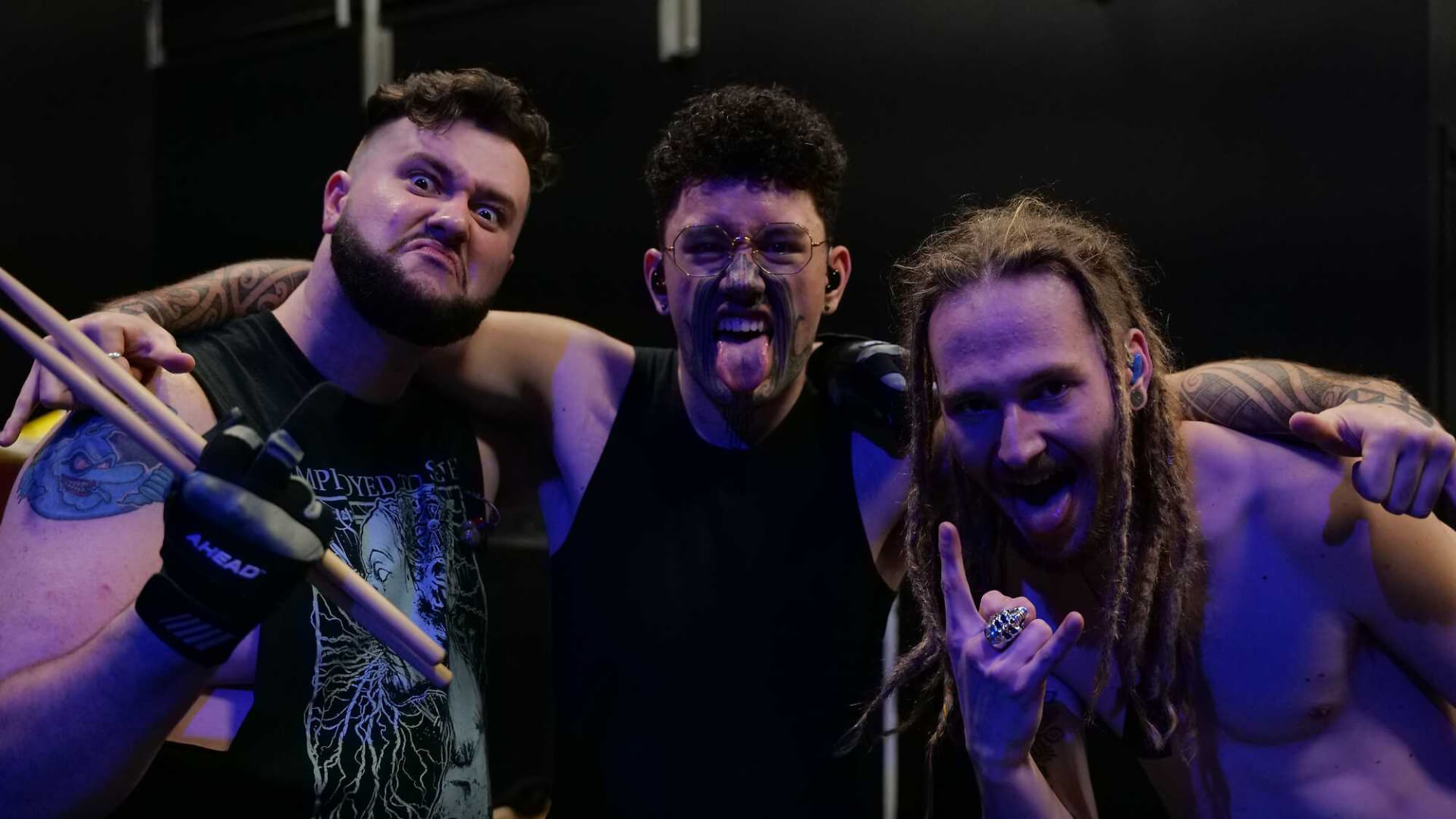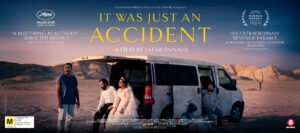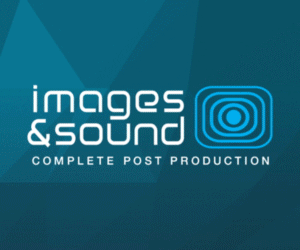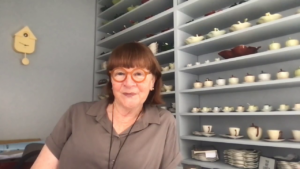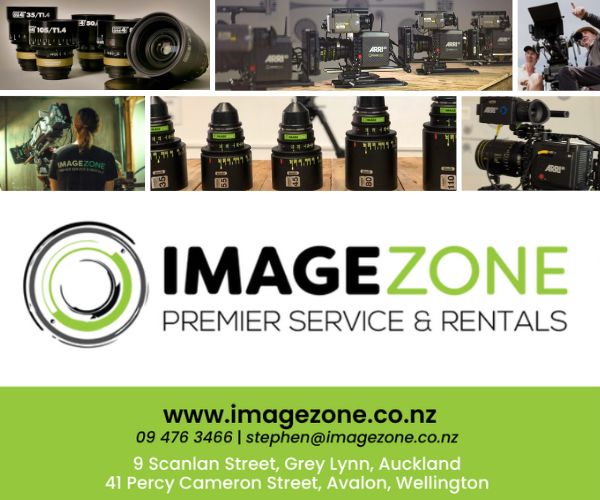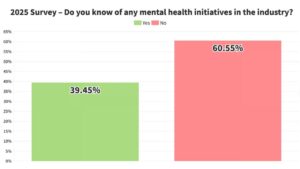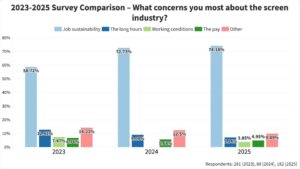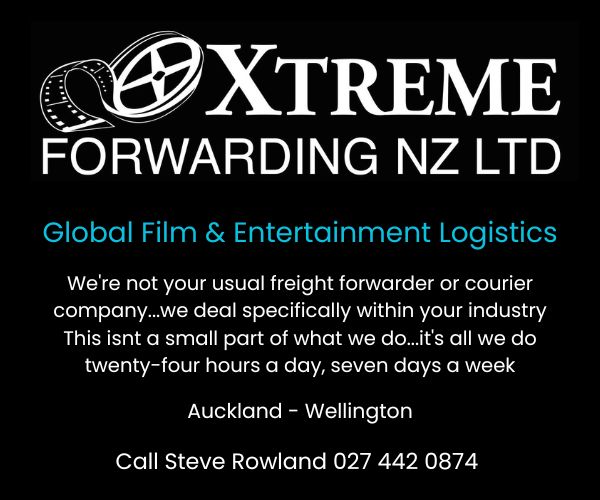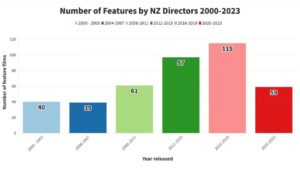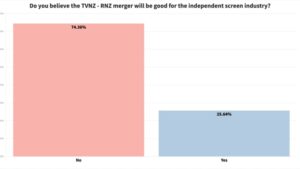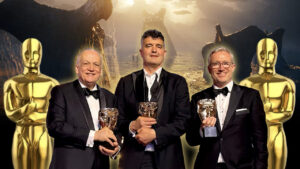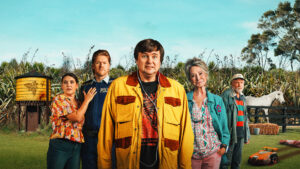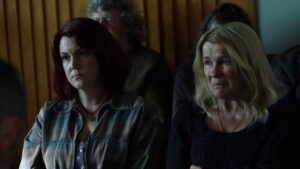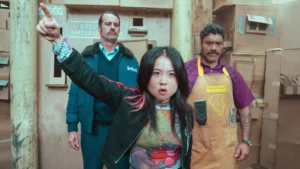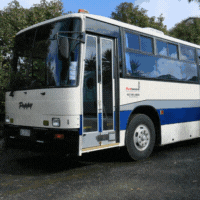This week brought the annual bunfight that is Waitangi Day, a source of pride and prejudice, acknowledged, celebrated or avoided depending on how you feel towards it and what it represents. It is what it has become over the years: a day around which people gather to pontificate or protest, or a day on which people – including, this year, our Prime Minister – try to get the hell out of Dodge.
From an industry perspective, there are a few things that usually happen on or around Waitangi Day. Over recent years they’ve included the theatrical release of a title with Māori themes in cinemas, and the release of the programme for the Māoriland Film Festival.
The festival programme is coming next week, we understand, and we’re very much looking forward to seeing it. This week saw the post-festival theatrical release of Kent Belcher’s Alien Weaponry: Kua Tupu Te Ara.
Alien Weaponry is getting a limited release, but is well worth the effort of tracking down, regardless of whether you love or loathe metal music. On Waitangi Day, the film played on a dozen screens in Auckland. In Wellington and Christchurch, it played on a single screen in each centre.
The documentary is a continuation and expansion of a project originally made as a web series for RNZ (and which released in 2019), and which had its premiere in last year’s NZIFF.
As the story of a band, it’s unique in that (as far as this writer knows) there are no other metal bands out there writing and performing in te reo Māori.
As a story of a family, it’s a coming of age tale, the band members (initially two young brothers and a friend) growing from childhood through adolescence to early adulthood, and navigating all the shifting landscapes that journey traverses – changing relationships within families, changing aspirations, learning to be independent of family support and constraints. And all while building a successful career.
Youthful success is hardly new territory in the popular music industry. Navigating that sometimes overwhelming success has always been a hit and miss affair, sometimes with fatal consequences, and is a topic explored in many a music doco or biopic including last year’s Back to Black, several of Julia Parnell’s films, as well as Becoming Led Zeppelin, which coincidentally also opens here this week.
Alien Weaponry ticks a number of NZ documentary filmmaking boxes that are becoming increasingly difficult to sustain – observational storytelling is by its nature a slow business. While it’s a lot cheaper these days to film hundreds of hours of footage and cull them in the edit, that still comes with costs and – when your subjects’ job includes touring internationally – those costs can rack up.
Such a film’s returns are unlikely to match its budget, unlikely to pay back investors or make anyone a profit that reflects the time and effort put in. It is, therefore, a territory where it’s becoming more difficult to justify allocating increasingly limited production support – especially in an environment where calls for greater commercial accountability are becoming louder.
Maybe the commercial risks are increased by the particular genre of music Alien Weaponry plays.
After all, there’s a long tradition of music documentary films, and even quite the flirtation with them at the Oscars around a decade ago, when Searching for Sugarman, 20 Feet From Stardom and Amy won three Best Feature Doco Oscars in four years – and Summer of Soul picked up the baton in 2021.
Metal as a genre has limited appeal, and doesn’t get much radio play on many stations. As a genre, it also has a long-standing and largely unwelcome association (in parts of Europe, especially) with extreme right-wing politics, not least through the continuing use of visual design elements like the regular use of Fraktur (the ‘Nazi font’) and other, similar Gothic typefaces.
From a distance, it hardly seems a genre whose fans are likely to be welcoming of indigenous musicians singing in their own languages!
All of which, of course, makes the story of the young Māori who are Alien Weaponry potentially even more interesting, if not necessarily “commercial”.
On the other side of the art vs commerce debate, Alien Weaponry is a story that’s local and universal – the very ingredients, we’re regularly reminded, that are necessary for a film to achieve its commercial potential internationally.
So, should such stories be funded?
Coincidentally, this week also saw a bit more info appear about the government’s thinking around funding of the arts and its Amplify policy.
The submissions period has closed (drawing just over 700 submissions), and those submissions will probably be published next month. It’s unlikely we’ll see anything from the policy that will increase support for the next Alien Weaponry (either the band or the film), which suggests there might even more need to devote existing resources to telling such stories if we want to keep seeing them.
It ticks all the boxes in that it’s very NZ, it’s unique, it showcases NZ talent and it’s a strong film – despite having had to weather things like a pandemic interrupting production, which is much more of an issue for a doco than a narrative title because the story continues whether or not you’re able to be there to tell it.
If you get the chance to go see Alien Weaponry, you should. Not only because, if you work in this industry and expect support for projects you want to advance, you should always get off your arse, buy a ticket and support others on the same road. But also because you’ll be glad you did – and those stories that engage audiences are probably our greatest tool in arguing for the industry’s continued existence.



